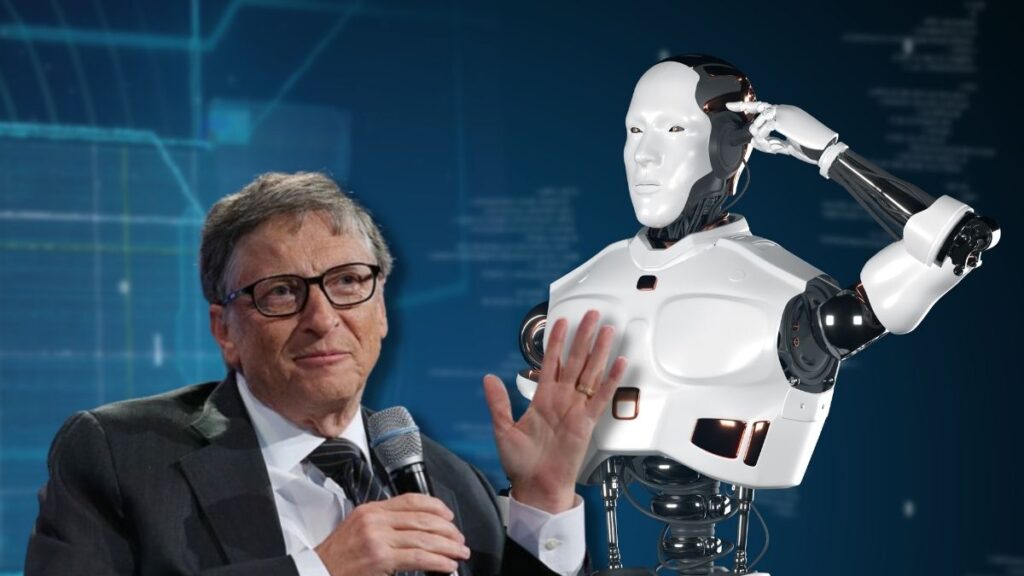Microsoft co-founder Bill Gates, a big supporter of Artificial Intelligence (AI), pointed out that AI has its limits during an interview with Dax Shepard on the Armchair Expert podcast. He mentioned that while he sees the strengths and weaknesses of AI firsthand, it’s not always up to par for certain tasks, but it impresses him in other areas.
Bill Gates said that if it’s a problem humans struggle with, current AI techniques won’t offer a new solution. He emphasized the importance of having data that reflects expertise. Gates also mentioned the potential role of AI in mental counseling but cautioned that it would require careful development and a lot of yet-to-be-done work.
Bill Gates on AI’s Limits and Future Use
Bill Gates mentioned that current AI models struggle with complex math because they don’t check their answers properly. For example, in Sudoku puzzles, they lack the ability for deep reasoning and just say they made a typo when they’re wrong. Despite these limitations, Gates believes we shouldn’t stop using AI. He imagines a future where some people fully embrace AI while others prefer more traditional methods, like using a buggy instead of a car.
AI’s Impact and Challenges Ahead
AI has brought significant changes in fields like pharmaceuticals and agriculture, areas of concern for Bill Gates and his foundation. Despite their impressive capabilities, current AI models aren’t magical; they’re just faster at tasks humans already do, thanks to well-documented data. The crucial factor is having data that reflects expertise. For instance, AI greatly aids in improving forecasting models for crop yields by leveraging experts’ knowledge on factors like nitrogen levels.
However, AI falls short in areas like understanding human happiness or relationship satisfaction, which are challenging to quantify and predict. Gates believes AI won’t solve such complex issues on its own. Regarding mental counseling, Gates sees a potential role for AI but emphasizes the need for cautious development, acknowledging the significant work required in this area.
Bill Gates highlights how current AI models struggle with complex math, lacking the ability to check their answers and adjust accordingly. This is especially evident in tasks like solving Sudoku puzzles. Also, Instead of admitting mistakes, AI often claims it mistyped.
Despite these limitations, Gates remains optimistic about AI’s potential benefits for humanity, believing the upsides outweigh the challenges. He doesn’t foresee a scenario where the world collectively halts or reverses AI development. Gates envisions a future where some embrace AI fully while others prefer more traditional approaches, likening it to choosing between a modern car and a horse-drawn buggy.
Also Read: Elon Musk’s xAI Makes Grok-1 AI Available for Developers
Gemini to Power iPhone AI Features, Apple and Google in Talks
‘OpenAI is a Lie’: Elon Musk Mocks Sam Altman’s OpenAI with New Logo on X
